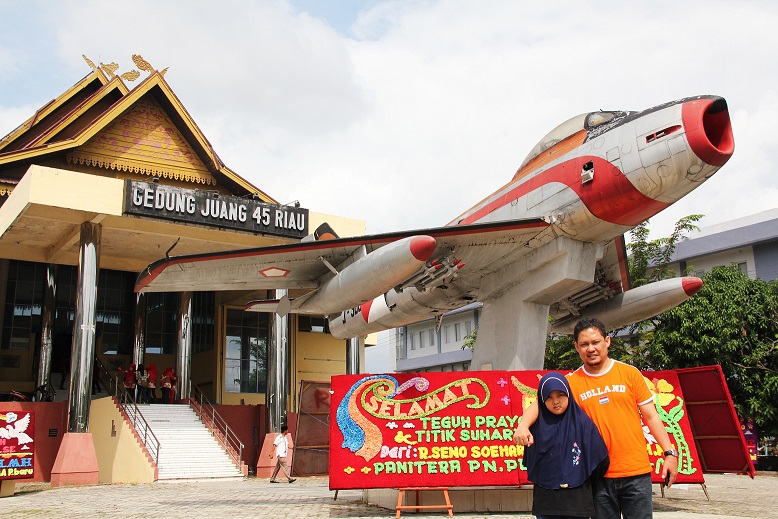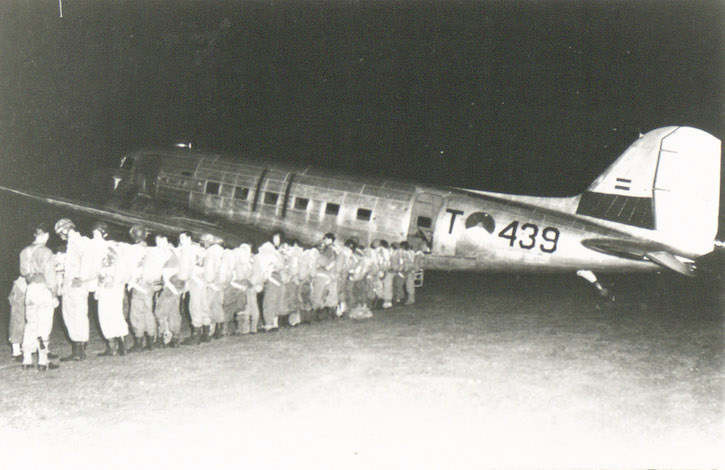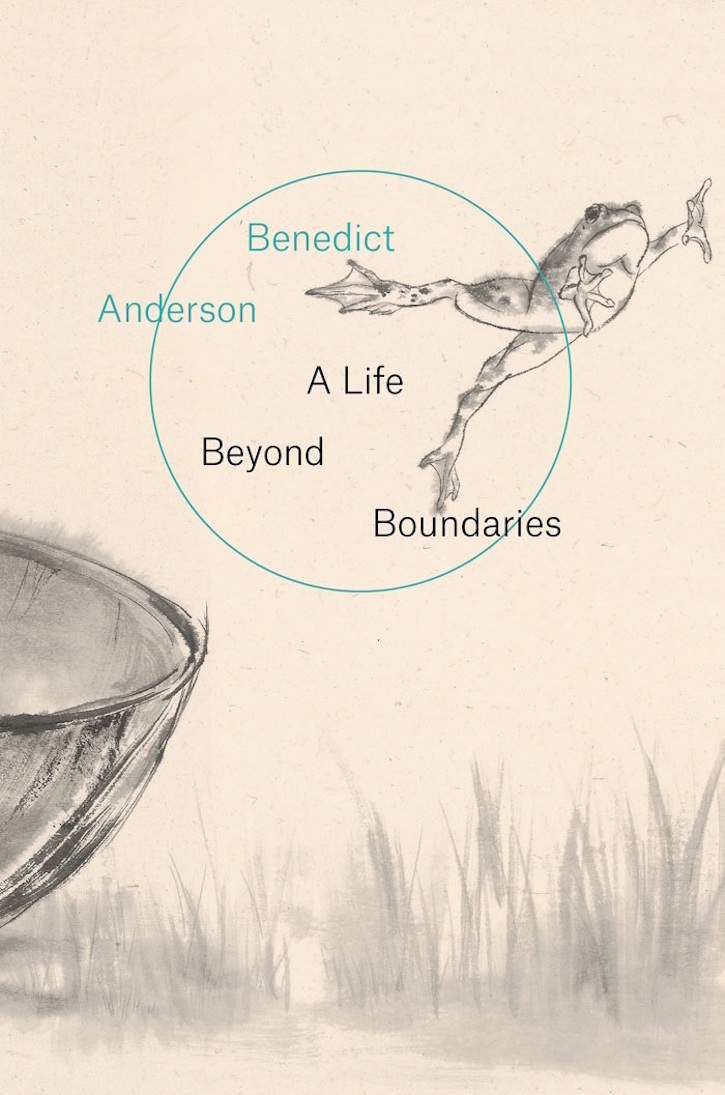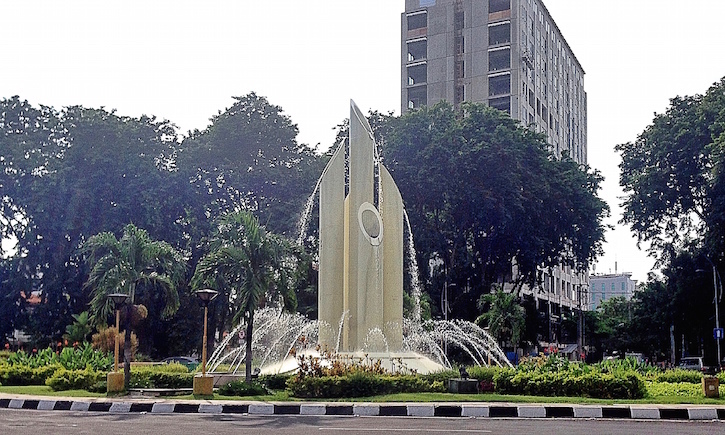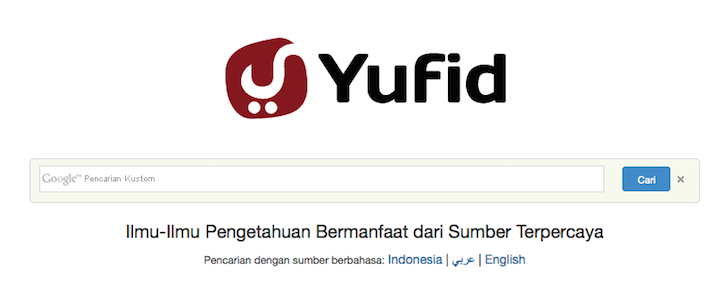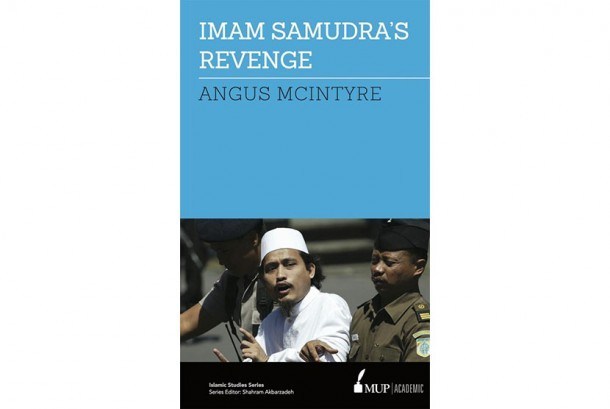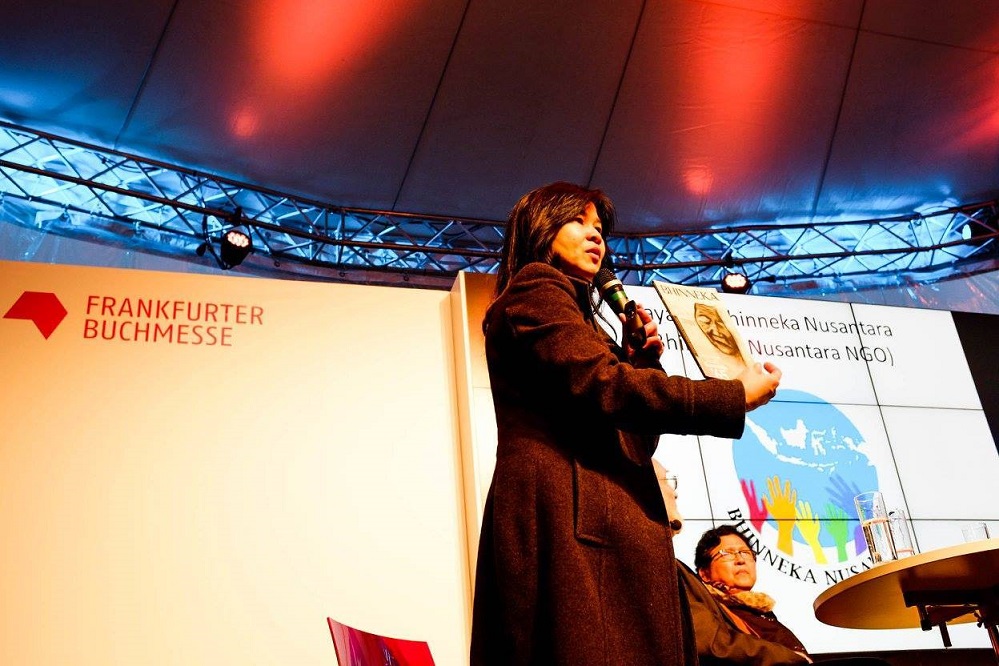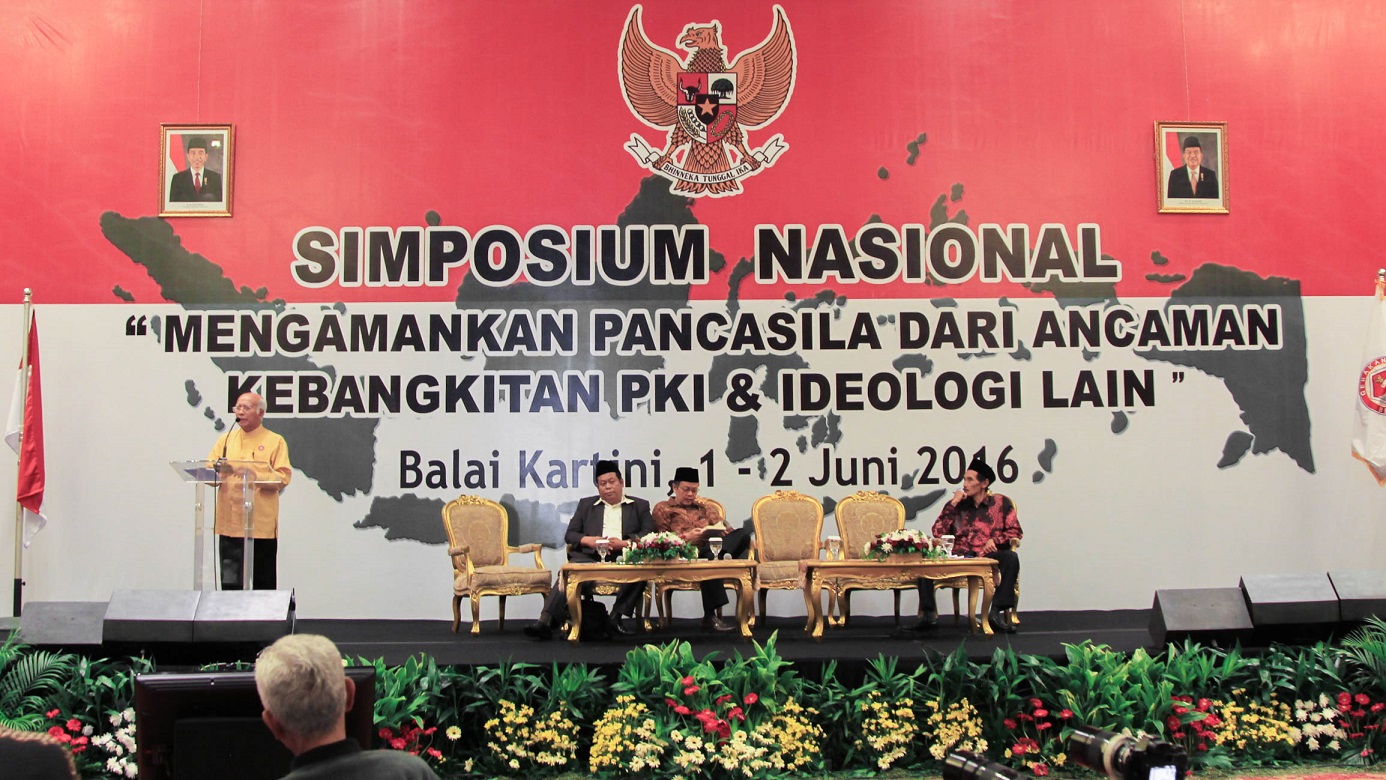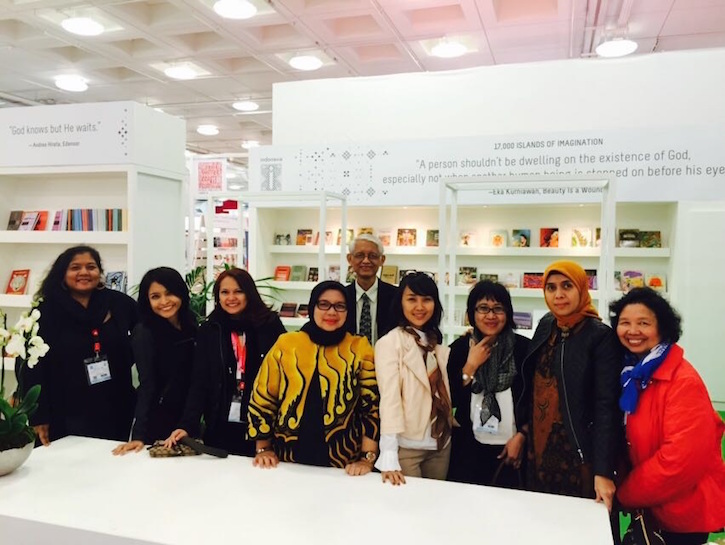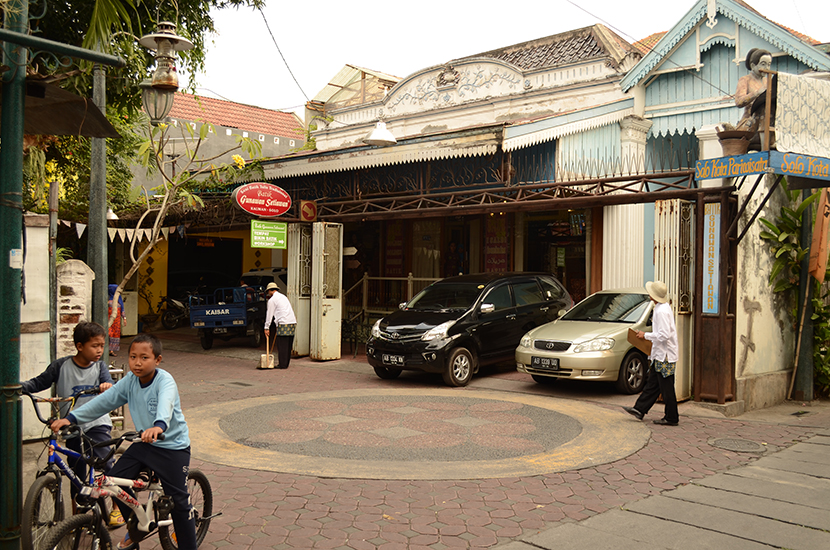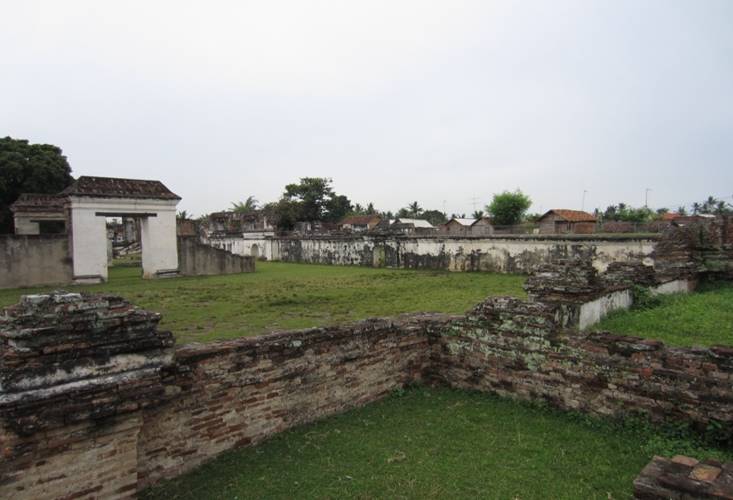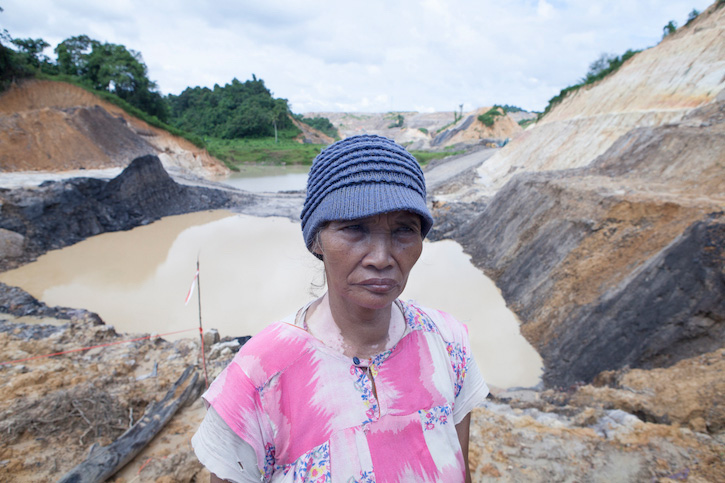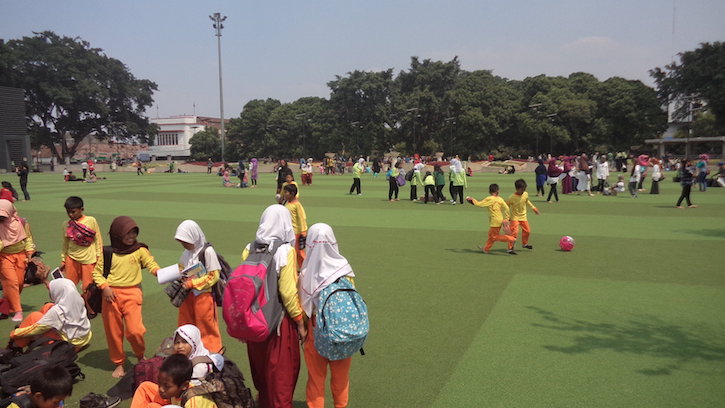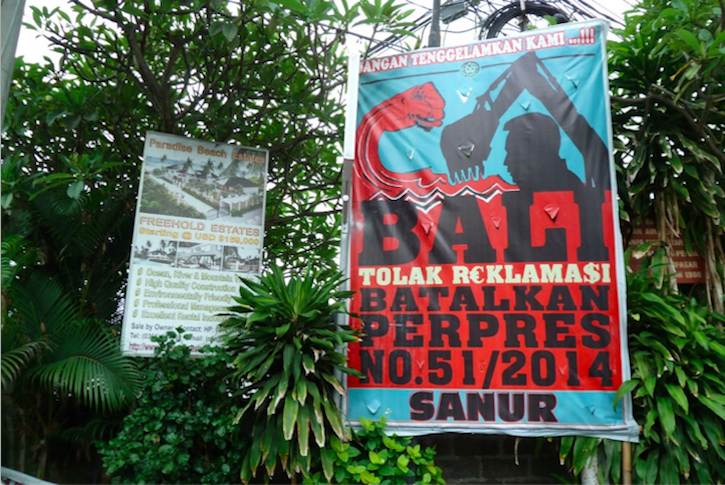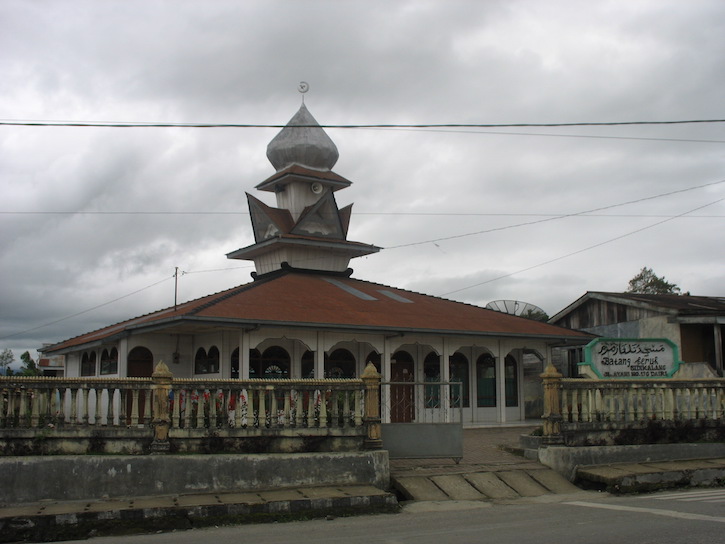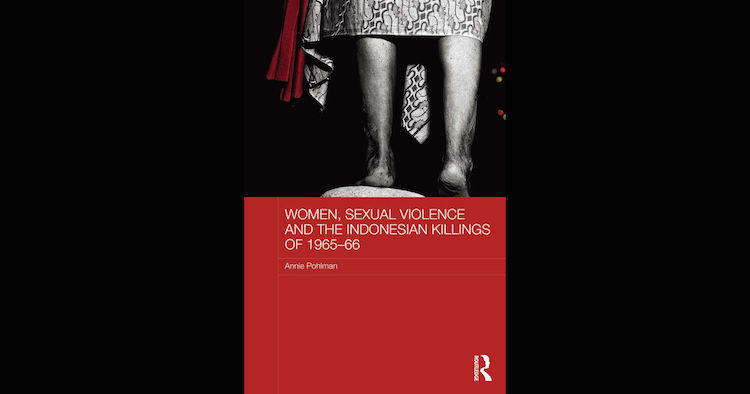Disability and exclusion
01 August 2025by JILAN ZAHRA JAUHARA
Obituary: Imam Aziz (1962-2025)
23 July 2025by WAHYUDI AKMALIAH
The absences that remain in a history of Indonesian women
23 July 2025by VANNESSA HEARMAN
Beyond preserving tradition
21 July 2025by MUHAMMAD HARITS HIBATULLAH and RIZVI NAHAR ILHAMMULLAH
Review: How Indonesian students fuelled revolution from abroad
17 July 2025by RONY K. PRATAMA
Peasants and priests
14 July 2025by MARTIN ELVANYUS DE PORRES
The price of sacred land
08 June 2025by DION PARDEDE
Essay: The water that breaks the wall of forgetfulness
08 June 2025by ALVINO KUSUMABRATA
Photo essay: Breaking the fast
02 June 2025by MARK WOODWARD AND INDRA HARTIKA
The stiletto and the bludgeon
20 May 2025by AIDAN HALL

